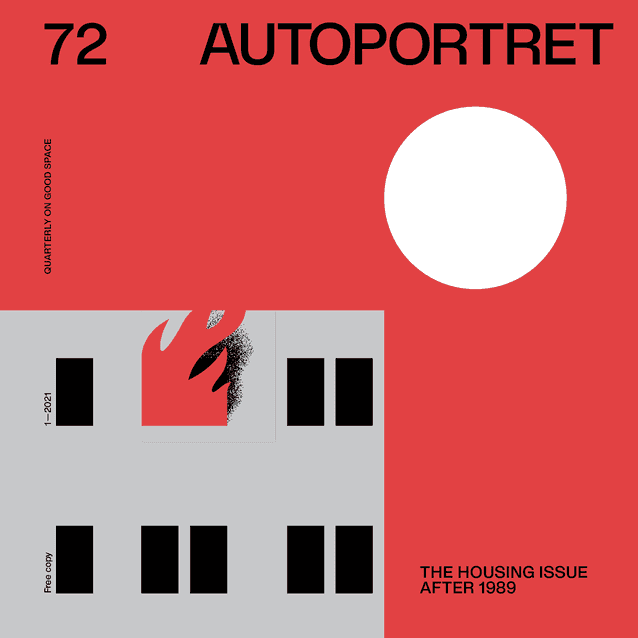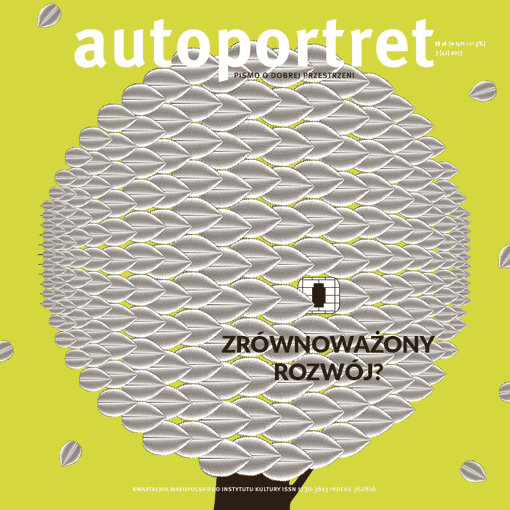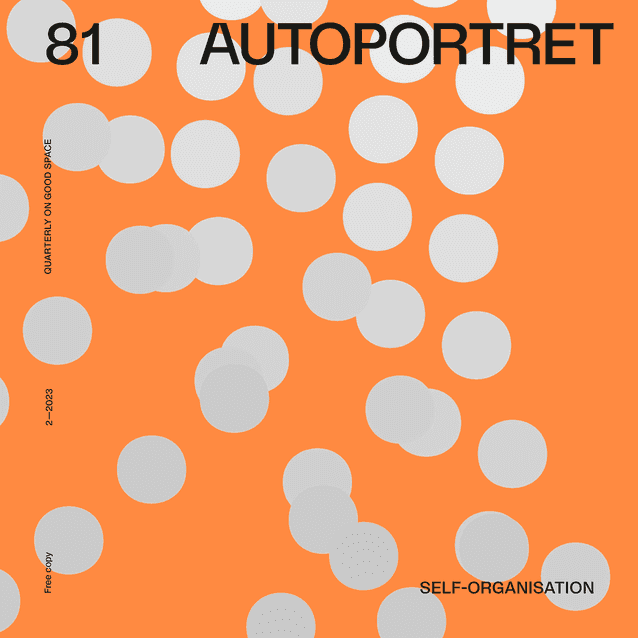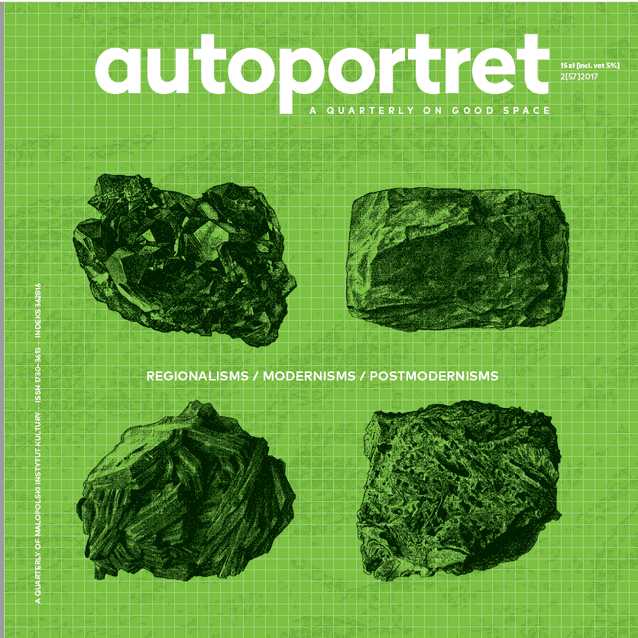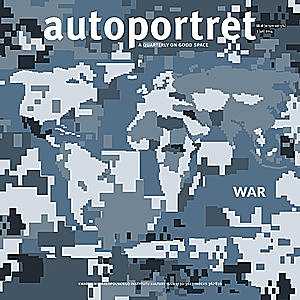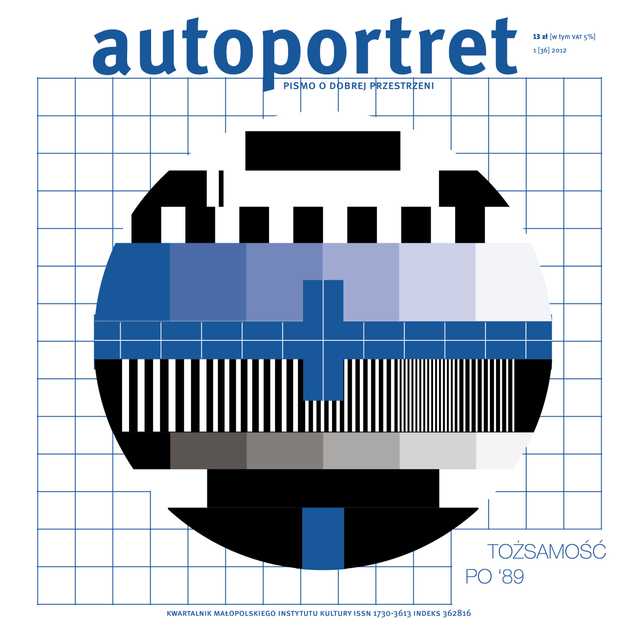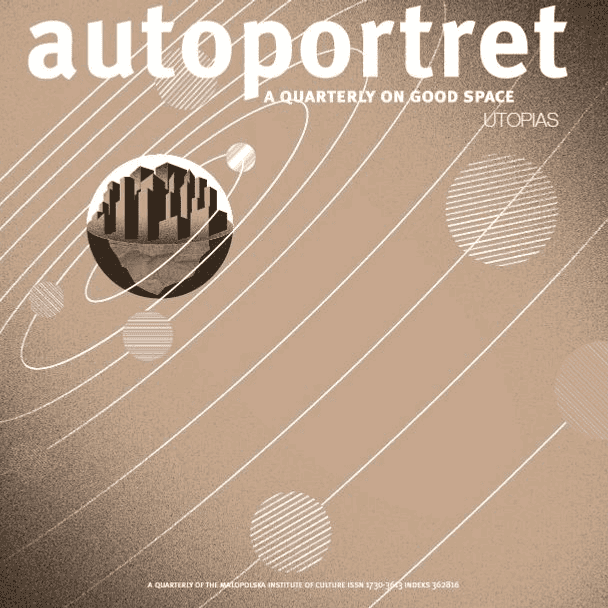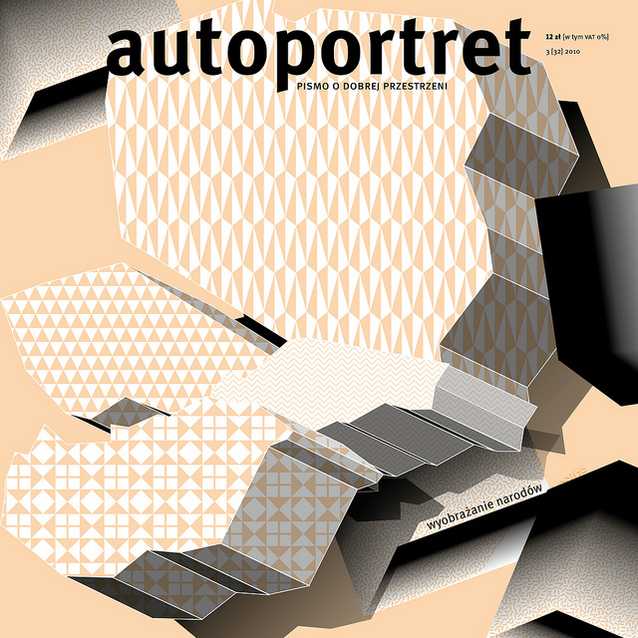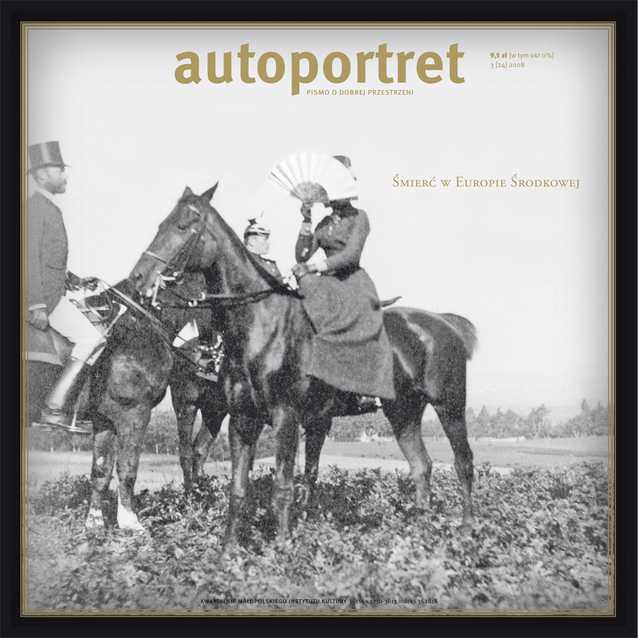There is a trend in contemporary environmental political theory towards a call for a more democratic relationship between humanity and nature. Deep ecologists have been doing this for a long time but the trend I’ve observed comes from more mainstream sources. These include John Dryzek, who wants to develop a more ecologically responsive deliberative democracy and Andrew Dobson, who argues in his most recent work that we need to start a process of democratic listening to nature. It also includes thinker such as Bruno Latour and Jane Bennett who explore a new political ecology. All these thinkers raise questions about political agency and political participation: Who (or what) belongs to the demos? And they have all, in different ways (from diverse epistemological and ontological perspectives) arrived at the conclusion that ‘we’ (that is to say, humans) need to include ‘nature’ in the demos. Re-thinking environmental politics in these more inclusive ways involves re-thinking the relationships between humans and non-human beings, between beings, things and stuff. And I suggest that utopias are a good place in which to start this process.
Calls for a ‘democracy of all nature’
In his most recent work, Andrew Dobson issues a simple but radical challenge to green political theory. Historically, he says, attempts to broaden democracy have focused on enabling excluded ‘Others’ to ‘speak’ (in order that they can participate in democratic politics). But he argues that if we really want to expand the demos to include non-humans, we need to re-focus our attention onto listening. According to Dobson, ‘the usefulness of the capacity to speak is compromised without the reciprocal capacity to listen – if we do not know how to listen, how will we know what to speak about? Given this, it seems odd that political theorists should have spent so much time worrying about how to get people to speak without thinking at all about how we get them to l i s t e n ’1.
Historically, the excluded ‘Others’ have needed to acquire political competencies. Dobson’s suggestion that those inside the demos or citizen body should learn to listen (above all, to those outside the citizen body) prefigures a very different kind of democracy. It places the onus on those who already hold power. It suggests that broadening the demos to include non-humans would involve learning to ‘listen to nature’. But it is unclear quite what this would look like.
John Dryzek’s work on the environment and deliberative democracy might help. He argues that ‘democracy can exist not only among humans, but also in human dealings with the natural world’. and he suggests that nature exhibits ‘a variety of levels and kinds of communication to which we might try to adapt’. He says ‘The key is to downplay ‘centrism’ of any kind, and focus instead on the kinds of interactions that might occur across the boundaries between humanity and nature.’ He’s seeking an interchange with nature that involves progressively less of what he calls ‘human autism’.2
But Dryzek doesn’t just want to use liberal democracy as the vehicle for this communicative shift. He doesn’t think it’s sufficient to grant legal rights and guardians to animals. ‘Any such representation might downgrade nature to [just] another set of interests, disaggregating and isolating these interests by assigning them to identifiable natural objects, thus ignoring their intrinsically ecological (interconnected) character’. Instead, Dryzek turns to Habermas’s notion of communicative rationality, grounded in ideal speech situations: ‘The key, he says, would be to treat communication, and so communicative rationality, as extending to entities that can act as agents, even though they lack the self-awareness that connotes subjectivity. Agency is not the same as subjectivity, and only the former need be sought in nature’3.
Dryzek declines to offer a model of how this might look, saying that it would be inappropriate to offer a ‘blueprint’ because this new kind of democracy should emerge discursively. That’s understandable. But it’s a bit frustrating. Dyrzek and Dobson both make important arguments but they both stop, just when things begin to get interesting. And I’m going to suggest that utopian fiction and experiments can help. I’m going to examine 2 examples, very briefly, and I’ll begin with a real-world experimental movement. These are ‘The Councils of All Beings’. You may feel that they shouldn’t be included because they are coming from a deep ecological perspective, which is incompatible with deliberative democracy – but I think they’re worth a look. The website of Joanna Macy (author of the book ‘Thinking Like a Mountain’ and a founding figure in the movement), describes the councils as a step towards ‘opening’ a new relationship with nature. These usually occur as guided workshops, which seek to ‘connect’ participants to the world around them, leading to a shift in consciousness and, ultimately, to permit the ‘voices’ of non-humans to be ‘heard’. The workshops involve a series of steps. These are ‘mourning’ (‘allow[ing] ourselves to feel the pain of the earth), ‘remembering’ (our evolutionary history and releasing the memories in our DNA) and finally ‘extending our identity’. They combine to enable participants to ‘give voice’ to nature:
‘after finding an ally in the natural world and making a mask to represent that ally, we discover that we can indeed give voice to the voiceless ones. In Council, we lend our voices to the animals and plants and features of the landscape and are shocked at the very different view of the world that emerges from their dialogue. Creative suggestions for human actions emerge and we invoke the powers and knowledge of these other life-forms to empower us in our lives4.
This is a method that seeks a deeper intuitive or spiritual understanding of nature. It invites the human participants to ‘open’ themselves and to ‘hear’ the voices of nature, and then to represent them. I find this deeply problematic because it appears open to all the objections about abuses of representative politics and interpreting the needs of the Other which have been frequently voiced against more traditional forms of representative politics. However, it does offer us a space in which to imagine – and perhaps experience – how it might feel to develop a new sensibility and a more inclusive polity from a deep ecological perspective.
I now propose a brief visit to Marge Piercy’s Woman on the Edge of Time. Piercy depicts a participatory democracy embedded in a society in which a different ecological sensibility exists. For example, Connie is told, “We plan cooperatively. We can afford to waste nothing. You might say our – you’d say religion? – ideas make us see ourselves as partners with water, air, birds, fish, trees” 5 . In this utopia, humans have learned to notice (and respond to) nonverbal communication from sentient and nonsentient nature. With some mammals this is quite sophisticated, but it relies always on the human learning about the mammal’s norms of communication. At one point, Connie asks her host (Luciente) about ‘government’. Luciente is puzzled (because there is no state and very little governance in Mattapoisset) but she invites Connie to observe a meeting of the township’s planning council. This gathering consists of 25-30 people of mixed ages. There is plenty of argument, but no ‘speechifying’. And it contains two special advocates:
“Who is that with the green hair?” [asks Connie]
“Earth-Advocate [says Luciente] – speaks for the rights of the total environment. Beside per is the Animal-Advocate. … Every spring some people dream they are the new Animal Advocate or Earth Advocate. Those who feel this come together and the choice among them falls by lot”6.
The council is discussing a proposal to clear some woodland in order to produce more edible crops for one village. The woodland is a rainwater catchment area and this proves contentious:
“We have none too much water, people” a person with green hair said…“Without water we can grow nothing. Our ancestors destroyed water as if there were an infinite amount of it, sucking it out of the earth and dirtying and poisoning it as flowed,” .. .Let us not be cavalier about water. What does the soil bank say?7”
The computerized soil bank indicates that the water table will indeed be affected and the proposal is rejected. Instead, the neighbouring community (that needs more crops) will be aided by plant geneticists and soil scientists to increase the output of the existing land.
Here Piercy is deploying the twin function of utopian criticism and creativity – what I call the Janus face of a utopian approach. Janus was a Roman mythical figure – he’s the God of beginnings (the month of January is named after Janus) and endings, change and transitions. I use him to signify the ways that utopias simultaneously face the present and the future, and the ways that the utopian gaze offers simultaneous criticism and creativity. Piercy’s voices from an imaginary future tell us that their ancestors messed up, and left a depleted ecology. The creative responses offered by Piercy include a radically egalitarian and democratic system of autonomous governance.
Woman on the Edge of Time imagines how (amongst other things) a small, face-to-face democracy could contain advocates for the shifting actors of a given context. It imagines what kind of society might emerge from a politics that includes natural agents. It offers a picture of a political community containing humans who listen to non-human life, even if it is unclear how nature can ‘speak for itself’. Reading it enables us to begin to contemplate how such a society might feel and also to identify problems with it. For example, Piercy still uses the language of rights and the politics of advocacy and I wonder whether this raises the same representational problems as the Councils of all Beings.
Utopias such as Woman on the Edge of Time permit the reader imaginary visits to societies in which communication with nature forms part of daily life and is structured into systems of (self) governance. This is really valuable. Utopias open up spaces of possibility. In these spaces we can explore positive alternatives and anticipate problems and I suggest that we need to do this if we are to think seriously about something as incredible as ‘listening to nature’. I’ve been making claims about the value of utopianism for an environmental democratic politics. But I don’t want to overstress its value. It has limits. In particular it doesn’t provide models to follow or blueprints to copy. It’s important to note about the Piercy example, for instance, that the democratic utopian systems and processes that I described are embedded in a whole-society vision. It is ontologically and culturally different from now. It contains people who are motivated by different values than we are. It is embedded in a different culture. We can’t just extract and apply the democratic processes from such texts.
Their value, for social scientists, is partly heuristic. They permit imaginary trial-anderror thinking – they become fictive versions of philosophical thought experiments. This is significant and it builds on the mirror function of utopianism that’s been identified by scholars of canonical utopias8 . They reflect our imperfections and flaws back to us. They encourage us onwards to something better. But they are not perfect Utopias are impossible projects and they always lie over the horizon; unrealised and unrealisable.
In this paper, we have visited two different utopian attempts to imagine a more democratic relationship with nature. We might feel that neither is entirely satisfactory. We might find them deeply flawed, unattractive or simply bizarre. But the exercise of examining them is still valuable. To explore an idea to breaking point and to observe what happens when we do so can help us to clarify our thoughts about its first principles. For me, it confirms my discomfort with Dryzek’s approach and raises concerns about the politics of representation.
This paper was first presented at the Utopian Studies Society Annual Conference in New Lanark, UK, July 2013. An extended version of this paper is available as Lucy Sargisson ‘A Democracy of all Nature: taking a utopian approach’ in the journal Politics Electronic version: 13 DEC 2012 DOI: 10.1111/1467-9256.12005 or hard copy: Politics Volume 33, Issue 2, pages 124–134, June 2013.
